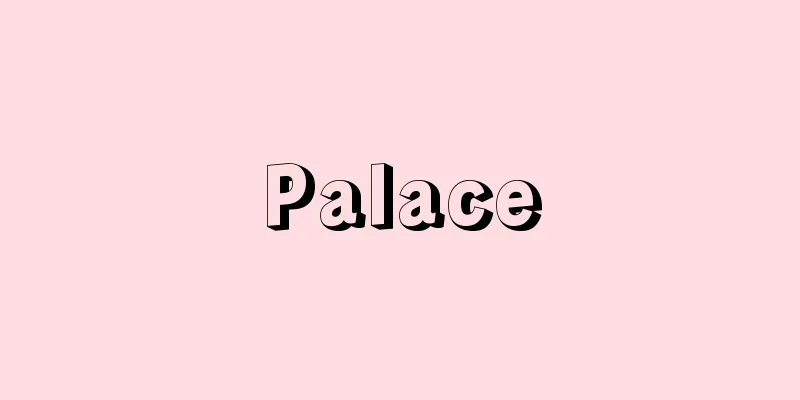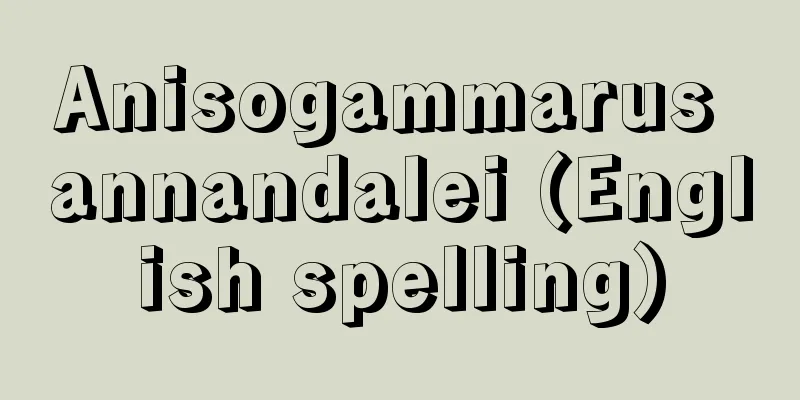Ukrainian literature - Ukrainian literature
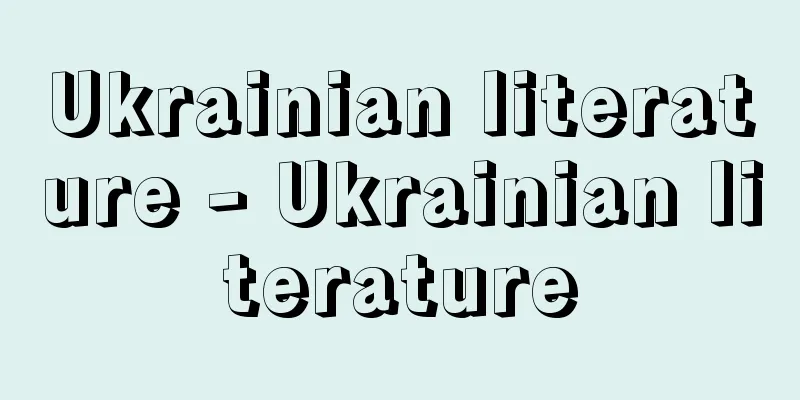
|
Its origins can be traced back to 988, when the Kievan state of ancient Russia introduced Christian culture via Byzantium, making Greek Orthodox the state religion and Church Slavonic the official and written language. At first, religious teachings, doctrines, biographies of hagiographies, chronicles, and travelogues were written, but works written in the 11th and 12th centuries, such as Pouchenie (The Teachings of Vladimir Monomakh), Khozhdenie igmena Daniila (The Travels of Abbot Daniil), Povest' vremennykh let (Tales of Bygone Years) compiled by the monk Nestor, and The Chronicles of Igor's Battles, an epic poem of unknown authorship, are all considered masterpieces of ancient Russian literature. During the period of Tatar rule over Russia in the 13th to 15th centuries, there was a period of uncertainty regarding literature, but the revival of Ukrainian literature began in 1633, when Archbishop Peter Mogila established the Academy in Kiev. Simeon Polotsky and F. Prokopovich, who were educated at the Academy, had a strong influence on the modernizing Russian thought and culture. However, due to the political situation Ukraine found itself in, classical literature as a whole did not flourish, and after the start of the 19th century, with the rise of Romanticism, T. Shevchenko, Ukrainka, Franko and others emerged, laying the foundations for a national literature. From the Russian Revolution to the present day, a highly original national literature was born thanks to the efforts of poets such as Tuychina and Rylisky, and writers such as Myra Khubyrov and Stelimakh. Source: Encyclopaedia Britannica Concise Encyclopedia About Encyclopaedia Britannica Concise Encyclopedia Information |
|
起源は,988年に古代ロシアのキエフ国家がビザンチンを経由してキリスト教文化を移入し,ギリシア正教を国教に,教会スラブ語を公用語,文語に定めたときに求められる。最初は宗教的教訓,教義,聖者伝,年代記,旅行記などが書かれたが,11~12世紀に書かれた,『ウラディミル・モノマフの教訓書』 Pouchenie,『修道院長ダニイルの旅』 Khozhdenie igmena Daniila,修道士ネストルの編んだ年代記『過ぎにし歳月の物語』 Povest' vremennykh let (→ロシア年代記 ) ,作者未詳の叙事詩『イーゴリ軍記』などは,いずれも古代ロシア文学の代表作品とみなされている。 13~15世紀のタタール人によるロシア支配の期間には,文学も空白期間となり,ウクライナにおける文芸復興は,1633年,大主教ピョートル・モギーラがキエフにアカデミアを建てたときから始る。キエフ・アカデミアで教育を受けたシメオン・ポロツキーと F.プロコポービッチは,近代化を目指すロシアの思想と文化に強い影響を与えた。しかし,ウクライナのおかれていた政治的状況のために,全体としてみると古典文学は開花せず,19世紀に入って以後,ロマン主義の勃興とともに T.シェフチェンコ,ウクラインカ,フランコなどが出現して民族文学の基礎を築いた。ロシア革命以後現代にかけては,トゥイチナ,ルイリスキーなどの詩人,ミュラ・フブイロフ,ステリマフなどの作家の活躍によって,きわめて独自な民族文学が生れた。
出典 ブリタニカ国際大百科事典 小項目事典ブリタニカ国際大百科事典 小項目事典について 情報 |
<<: Ukraine Helsinki Group - Ukrainian Helsinki Group
>>: Ukrainian Partisans - Ukrainian Partisans
Recommend
heliogravure
...The glass plates (cliché verre) produced in th...
Ziryene
…It is a language of the Finnic group of the Finn...
Arago man
A fossil hominin discovered in the Arago Cave in T...
Functional theory of the state
A democratic view of the state that opposes the v...
Dabi
Cremation. A transliteration of the Pali word jhā...
Indian Removal Act of 1830
A federal law enacted in 1830 under the Jackson a...
servant
…Generally, it refers to servants such as low-ran...
Rock ivy - Caulerpa
A type of algae belonging to the order Myrtles, wh...
fiqh
...In other words, Islam, which referred to faith...
limerick
…Although he suffered from epilepsy and asthma, h...
Vow bath - Ukeiyu
〘Noun〙 = Kukatachi (Santo) ※ Chronicles (720) Empe...
Sinningia speciosa (English spelling) Sinningia speciosa
…It is grown in a greenhouse as a potted plant. T...
Aluminum sash - Almisash
...The largest of these are steel frames and brid...
Lymphatic tissue
…the lymphatic system is found in most birds and ...
Kawaguchi Ekai
A Buddhist scholar and Tibetan explorer in the Me...

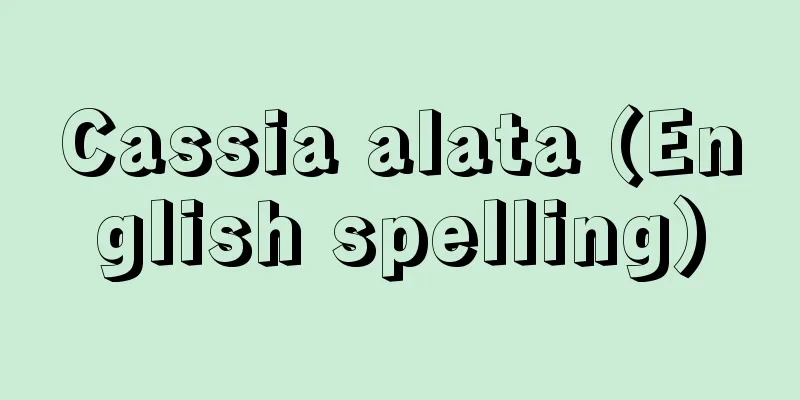
![Öland [island] - Öland](/upload/images/67cb0b041f693.webp)

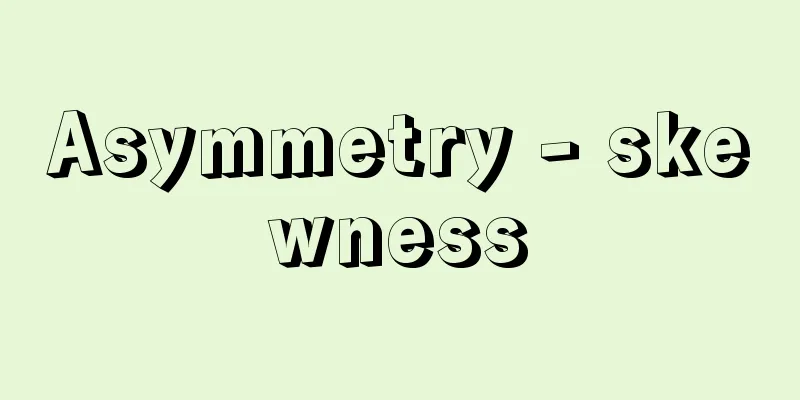
![Uchida [town] - Uchita](/upload/images/67cafdb904c3c.webp)

